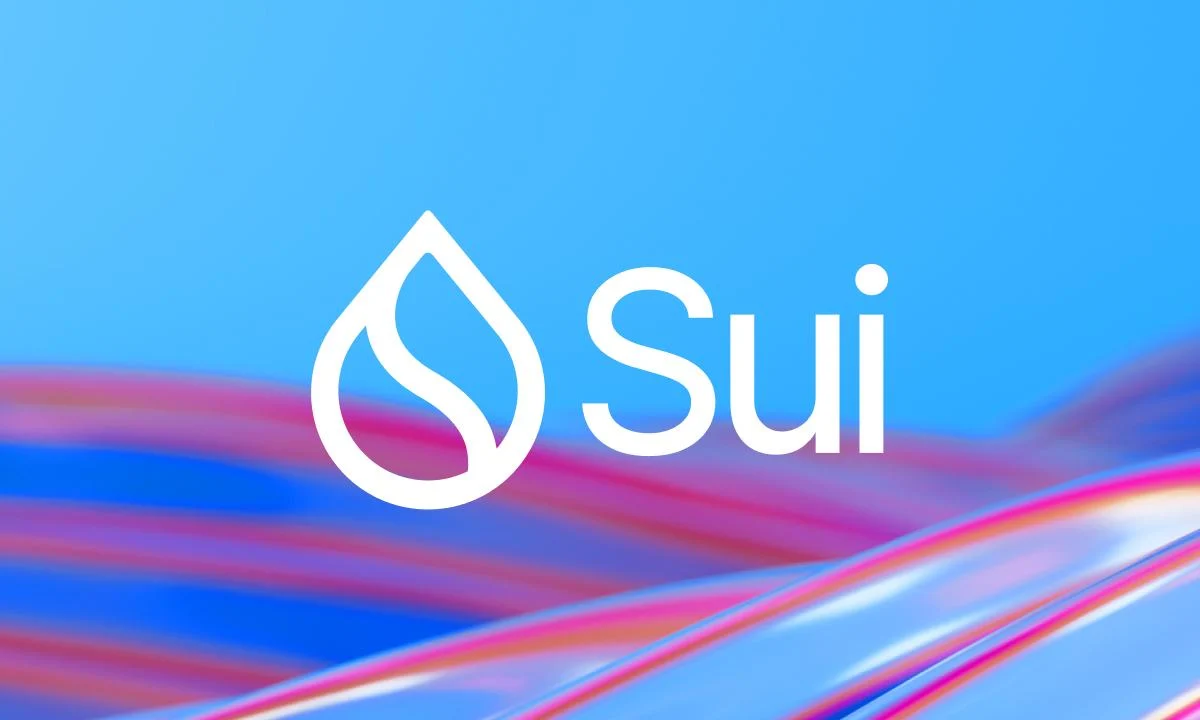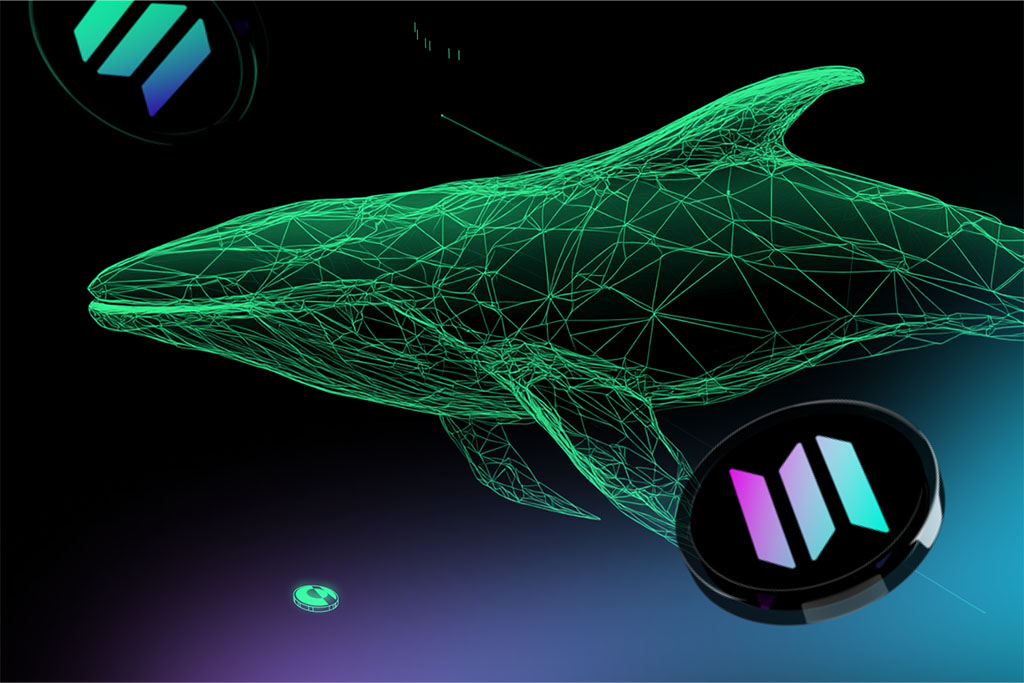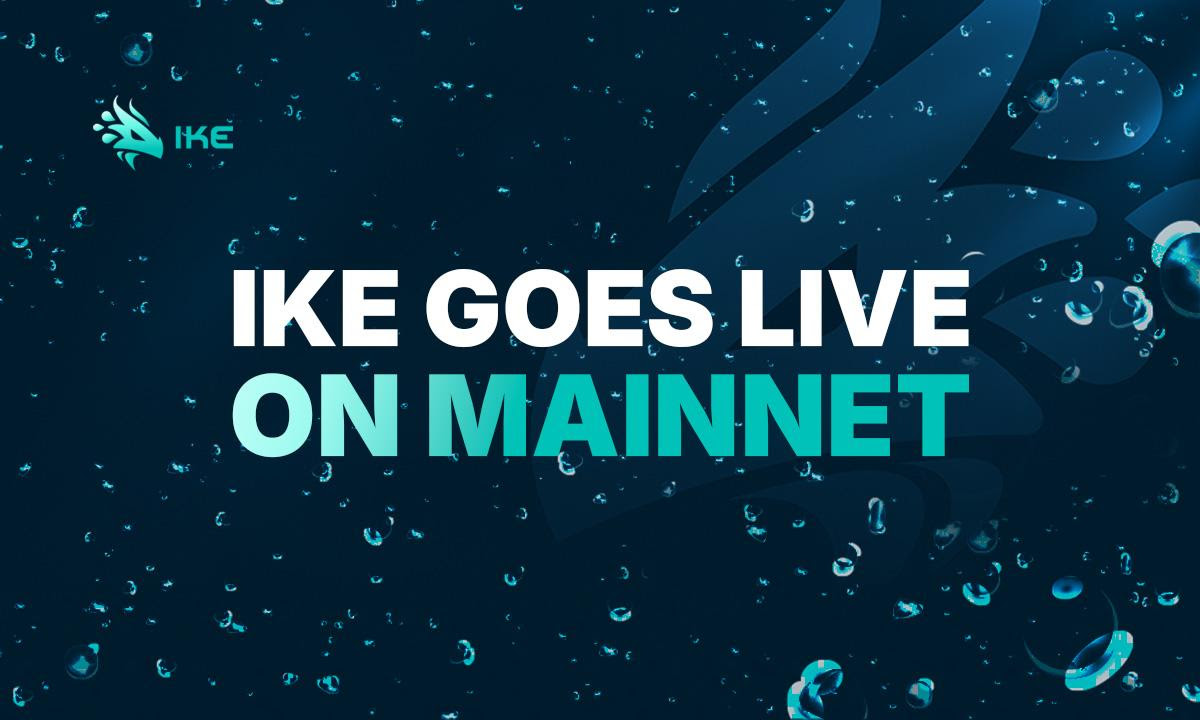IoTeX's DePIN Surf Accelerator Announces Demo Day for Cohort 1
IoTeX, a leading modular DePIN blockchain platform, is set to host a Demo Day for the first cohort of its DePIN Surf accelerator program on April 30, 2024. Launched in January 2024 with support from FutureMoneyGroup and ForesightX, the DePIN Surf accelerator is dedicated to supporting DePIN founders. DePIN, a technological paradigm, covers any web-3 application with a physical element, including edge-AI and virtual power plants.
The first cohort, which was officially launched at the R3al World event at ETHDenver, features seven startups preparing for their Token Generation Event (TGE) and global launch. During the two-month program, founders receive a $50k investment and comprehensive support from the IoTeX core team and a group of elite mentors. The program includes workshops on raising series-A funding, DePIN tokenomics, and community management fundamentals, as well as presentations at global web-3 events.
DePIN has been gaining traction in web-3 circles as a key to connecting the crypto industry with the global population of non-crypto natives who rely on reliable physical infrastructure. The number of DePIN projects has grown exponentially from less than a hundred in late 2022 to over a thousand at the time of writing. However, DePIN projects face challenges such as designing and executing hardware manufacturing and distribution, which can take several years, in addition to building the tech stack that includes firmware, middleware, and software. DePIN Surf provides these projects with the support they need.
The projects presenting at the Demo Day include:
- Inferix: A decentralized GPU computing platform for visual computing and AI inference, with a major market share in Southeast Asia, India, and other developing markets.
- Wayru: The world’s first DePIN to partner with the UN to tackle the global connectivity crisis, using blockchain and the $WAYRU token to incentivize hotspot deployment and management.
- PowerPod: A decentralized EV charging network providing reliable and accessible charging solutions for electric vehicles worldwide.
- Network3: A dedicated AI layer-2 providing services to AI developers, helping them train and validate models quickly and efficiently.
- StarPower: An AI and Web3-powered global energy network connecting devices in energy generation, storage, and consumption scenarios.
- ATOR: A privacy protocol creating a safer, private layer for the internet through its DePIN routing network and signature hardware and software SDK.
- DePHY: A decentralized off-chain data messaging network designed to empower DePIN projects to deploy faster and cheaper.
IoTeX is a modular Web3 infrastructure platform connecting smart devices and real-world data to blockchains, enabling developers to integrate Web3 into everyday life through various innovations. With the launch of W3bstream, IoTeX has become a leading Decentralized Physical Infrastructure Network (DePIN) technology provider, connecting billions of smart devices, machines, and sensors across the physical and digital world.
Related News





